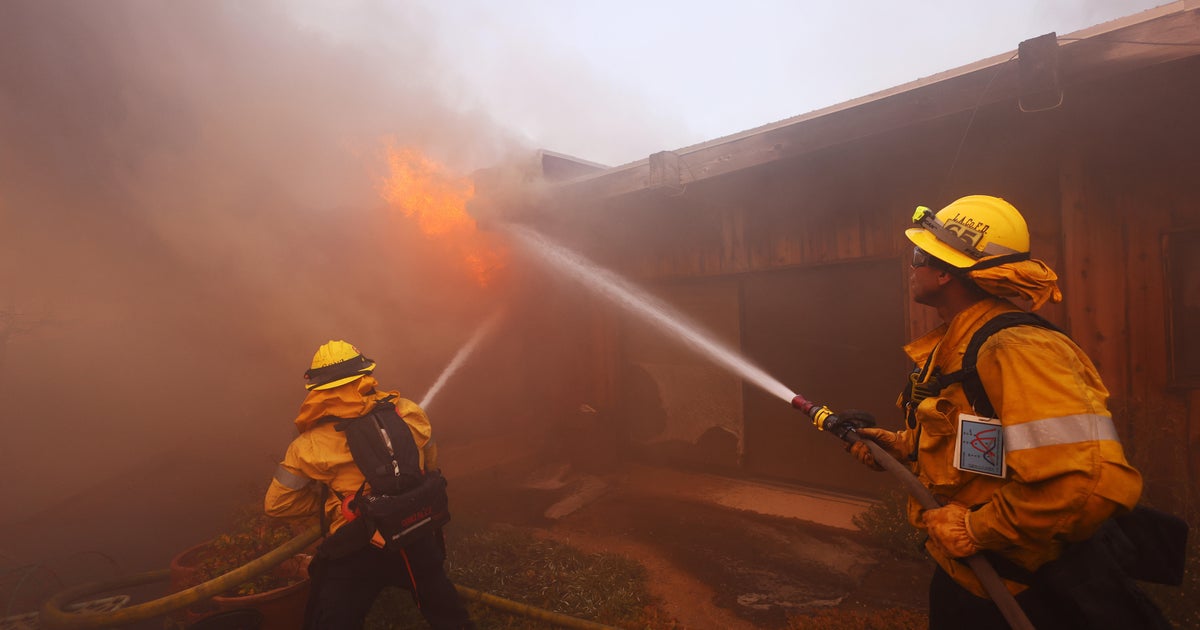"Game of Thrones" language creator shares his secrets in exclusive interview
With the final season of the HBO hit series just days away, "Game of Thrones" fans can start their High Valyrian education using the app Duolingo, which allows users to learn the language of the Seven Kingdoms. David Peterson created both the language and the online course for the fictional tongue and spoke to "CBSN AM" Monday in an exclusive interview about how he came up with both.
"There was a little bit of the language in the books created by George R.R. Martin, but only a very little bit, there were only two phrases: 'valar morghulis' — all men must die —and 'valar dohaeris' — all men must serve," Peterson told "CBSN AM" host Vlad Duthiers. "So basically I used those as a template, fleshed out the rest of the verbal system, the rest of the noun system, and then built on from there so you can basically have a full language you can translate."
Peterson said he has been creating languages for 10 years. He began making up languages as a sophomore at University of California, Berkley where he majored in linguistics. He received a master's degree in linguistics from University of California, San Diego in 2006 and co-founded the Language Creation Society. When HBO began production of "Game of Thrones" in 2009, the crew realized they needed someone to create the Dothraki language used by the nomadic warrior tribe featured in Season 1. Peterson was chosen by the show's producers and used inspiration from Russian, Turkish, Estonian and Swahili to create the fictional tongue.
"I was creating languages the entire time, so when I got the opportunity to create a language for 'Game of Thrones,' I was ready," Peterson said.
As "Game of Thrones" increased in popularity and the show emerged as a mega-hit for HBO, Peterson was tasked with creating High Valyrian, the language used by those in the continent of Essos located across the Narrow Sea, and one spoken by main character Daenerys Targaryen, played by Emilia Clark.
In order to teach the actors proper pronunciation, Peterson himself recorded every single line of High Valyrian spoken on the show and had the actors listen to his voice on their smartphones.
"The nice thing, of course, is that they didn't have to learn the language," he said. "They need to learn how to pronounce it correctly and kind of sell the performance and really that's the thing they excel at."
As for viewers who wish to learn Dothraki or High Valyrian themselves — and there are plenty of fans who express such a passion on social media — Peterson advises them to bring the same study habits to his languages as they would do when learning any foreign vocabulary.
"The truth is, to learn a language you need to devote a little bit of study to it every single day. You need to be constantly exposed to it," Peterson said. "There has to be motivation there, because the motivation is going to help you break through your other obligations to actually devote time to it."
The Duolingo app offers a course in High Valyrian, which was created by Peterson. The app also features courses in other, more traditional foreign languages like Spanish and French.
"It's basically specially designed for you to devote little portions of your day to learning the language," Peterson said of Duolingo, "It's supposed to be five minutes a day, a little bit of exposure, and you build it up over time. That's how you learn a language."




